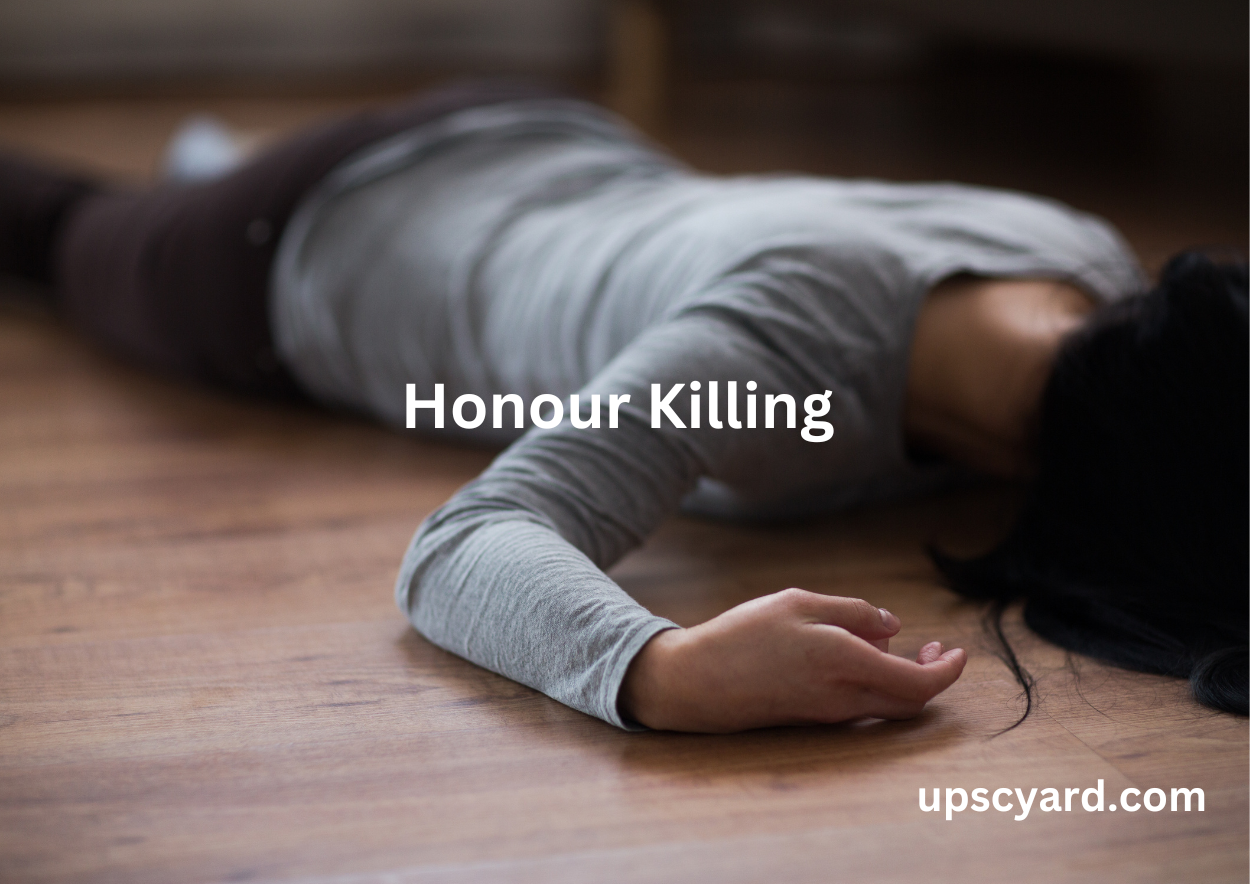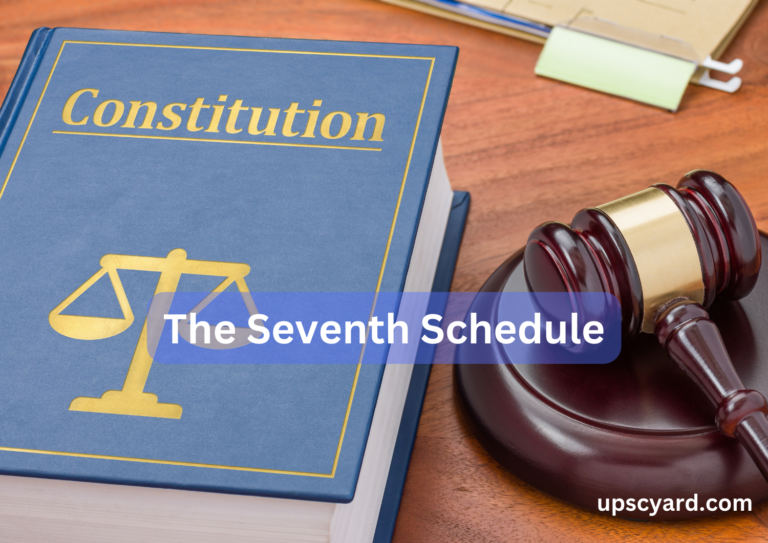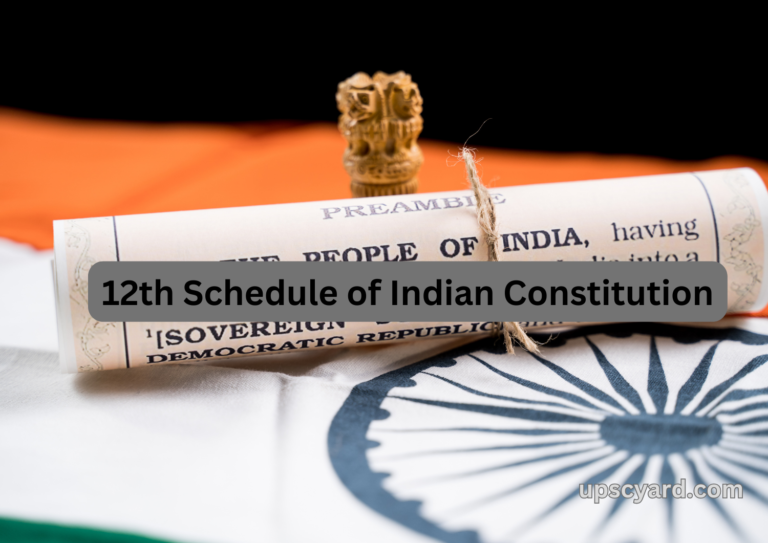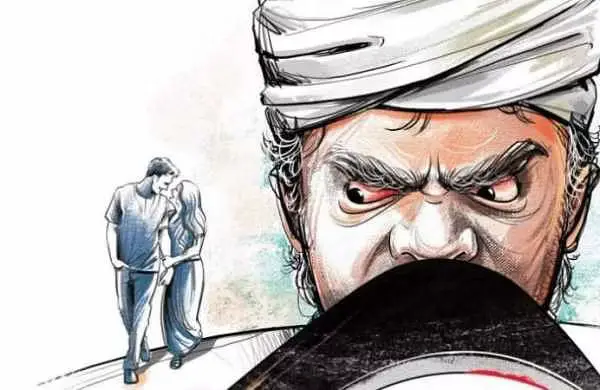
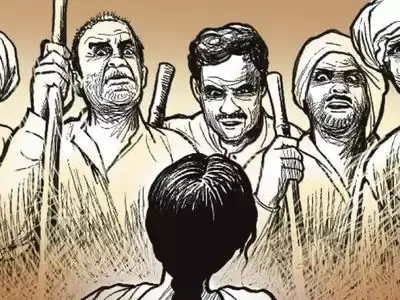
Honour killing refers to taking someone’s life, whether a man or a woman, because they have chosen their path in marriage. In such cases, the family’s reputation and status often precede the love and affection they should have for their family members. Societal factors typically trigger these tragic events.
Many women and individuals associated with them each year become victims of such violence in the name of honour. In most cases, male relatives commit these acts of violence against their wives, sisters, daughters, or mothers to restore what they perceive as their ‘family honour.’
What could be the Reason for Honour Killing
Honour killing often stem from the refusal to accept inter-caste marriages, even when the couple is legally eligible to wed. Financial concerns regarding the sustainability of the marriage can also be a factor. In some cases, local police may fail to file a First Information Report (FIR), and there can be immense political pressure to implicate the groom falsely.
Consequences:
The alarming rise in honour killings in India carries significant ethical implications, including:
- Violations of fundamental human rights.
- Infringement upon the right to live with dignity, as outlined in Article 21 of the Indian Constitution.
- Reveals a lack of essential human qualities like empathy, love, compassion, and tolerance.
- Erodes trust in government’s ability to prevent such crimes.
- Undermines the integrity of institutions such as the police and judiciary.
- Restricts the right to choose and subjects lovers to stress, fear, and trauma.
- Disrupts the idea of national integration, solidarity, and cooperation among diverse communities, fostering suspicion.
- Threatens peace and tranquility.
- Reflects a deficiency in rational thinking and emotional intelligence.
- Demonstrates a belief in being above the law.
- Degrades the ethical values of society, such as tolerance, respect for diversity, and self-determination, when such gruesome acts occur or are condoned.
Legal Aspect
Prevention of Crimes in the Name of ‘Honour’ and Tradition Bill, 2010
A recent Supreme Court ruling has affirmed the illegality of parental or Khap Panchayat interference in the marriage decisions of adult couples. This ruling echoes the 2010 directive from the Supreme Court to the central government to combat honour killings.
The Law Commission of India also addressed the issue of honour killing in its Report No. 242 in August 2012. While it claimed its draft was more aligned with the National Commission of Women’s version, it was, in reality, quite restrictive in its scope. Titled the “Prohibition of Unlawful Assembly (Interference with the Freedom of Matrimonial Alliances) Bill, 2011,” this proposed legislation primarily focused on addressing the “unlawful assemblies” organized by caste panchayats to obstruct the choices made by individuals in their marriages.
Conclusion
In any civilized society, it’s imperative to recognize that women cannot be treated as the property of men or their families. Every woman possesses the fundamental right to choose and lead her life as she sees fit. Respecting human dignity and autonomy is paramount, and these values must never be infringed upon.
Promoting education and awareness regarding the significance of every individual’s life is crucial. Laws about such incidents should be widely disseminated and publicized to act as a deterrent. Both rural and urban communities should receive education on these matters, focusing on raising awareness about the severe consequences of heinous crimes and ensuring that people are well-informed.
UPSC Mains Question
Q. Why does the disturbing practice of honour killing persist despite extensive media attention, and what legal measures are in place to prevent and punish such crimes? Examine.
Honour killing is the gruesome act of seeking vengeance, often resulting in death, against family members believed to have brought dishonour upon their kin.
Examining the reasons behind its persistence:
Social Factors: In a patriarchal society, challenging male authority can lead to such killings (e.g., seeking a divorce without the husband’s consent or against the extended family’s wishes).
Cultural Influences: A culture of honour and shame, where specific actions are perceived as bringing shame to the family in the eyes of the community (e.g., victims of rape).
Legal Aspects: Laws that are lenient or do not comprehensively address such derogatory practices further embolden honour killing perpetrators. An example is decriminalizing marital rape under the Indian Penal Code (IPC).
Political Dynamics: Vote bank politics, where leaders with patriarchal mindsets must be appeased (e.g., leaders of Khap Panchayats).
Mindset: Society often places little value on female life, viewing women as property, which can enable such killings.
Ideological Factors: A shortage of reformers post-independence has allowed such practices to persist despite modernization.
Lack of Awareness: Many people are unaware of the various legal provisions protecting their rights and providing punishments for honour killing.
Laws in place to prevent such practices:
- Section 302 of IPC: Perpetrators, family members, and Khap Panchayats can be punished under this section.
- Special Marriage Act 1954: Specially enacted to prevent atrocities arising from marriages in India.
- Protection of Human Rights (Amendment) Act 2006: Designed to protect citizens’ individual and constitutional rights.
- Protection of Women from Domestic Violence Act 2005: Aimed at safeguarding against violence within the family.
- Constitutional Articles: Article 14, 15.3, 19, 21, and India’s commitment to various international conventions like Human Rights, ICCPR, and UN CEDAW.
Additionally, Supreme Court guidelines have been put in place, such as outlawing honor killings by Khaps and treating such cases as the rarest of rare, with the potential for the death penalty.
What we need:
- Increased political representation of women for empowerment.
- Stamping out illegal Khaps.
- Judicial reforms for expeditious justice delivery.
- Helplines with immediate action.
- Awareness campaigns through media, including documentaries and films.
- NGOs acting as vigilant advocates.
- Inclusion of honor killing in Section 300 of IPC.
- Local leaders are acting as agents of change.
While some Khaps have shown slight liberalization by allowing caste exogamy with conditions, their overall influence remains potent.

